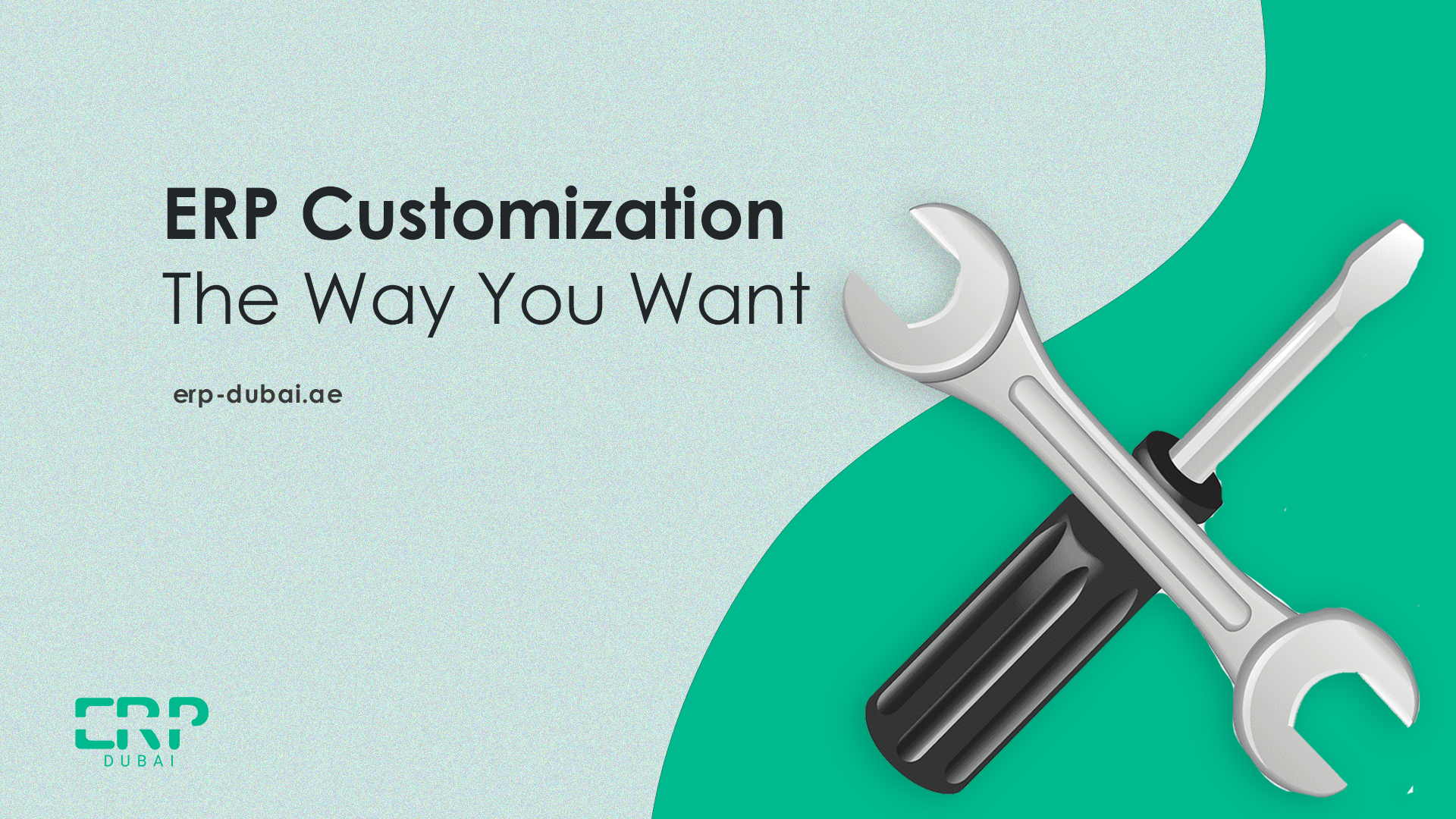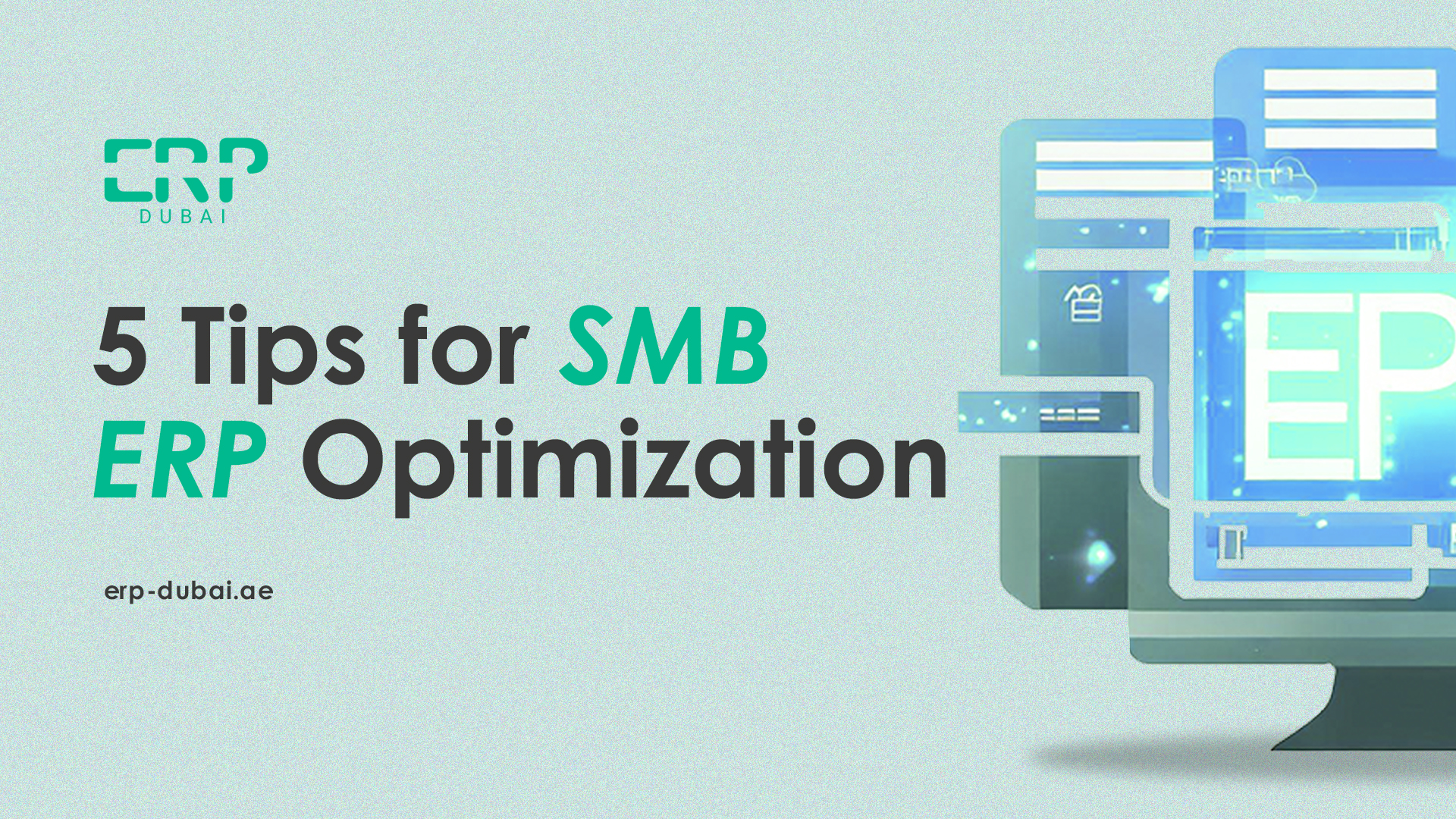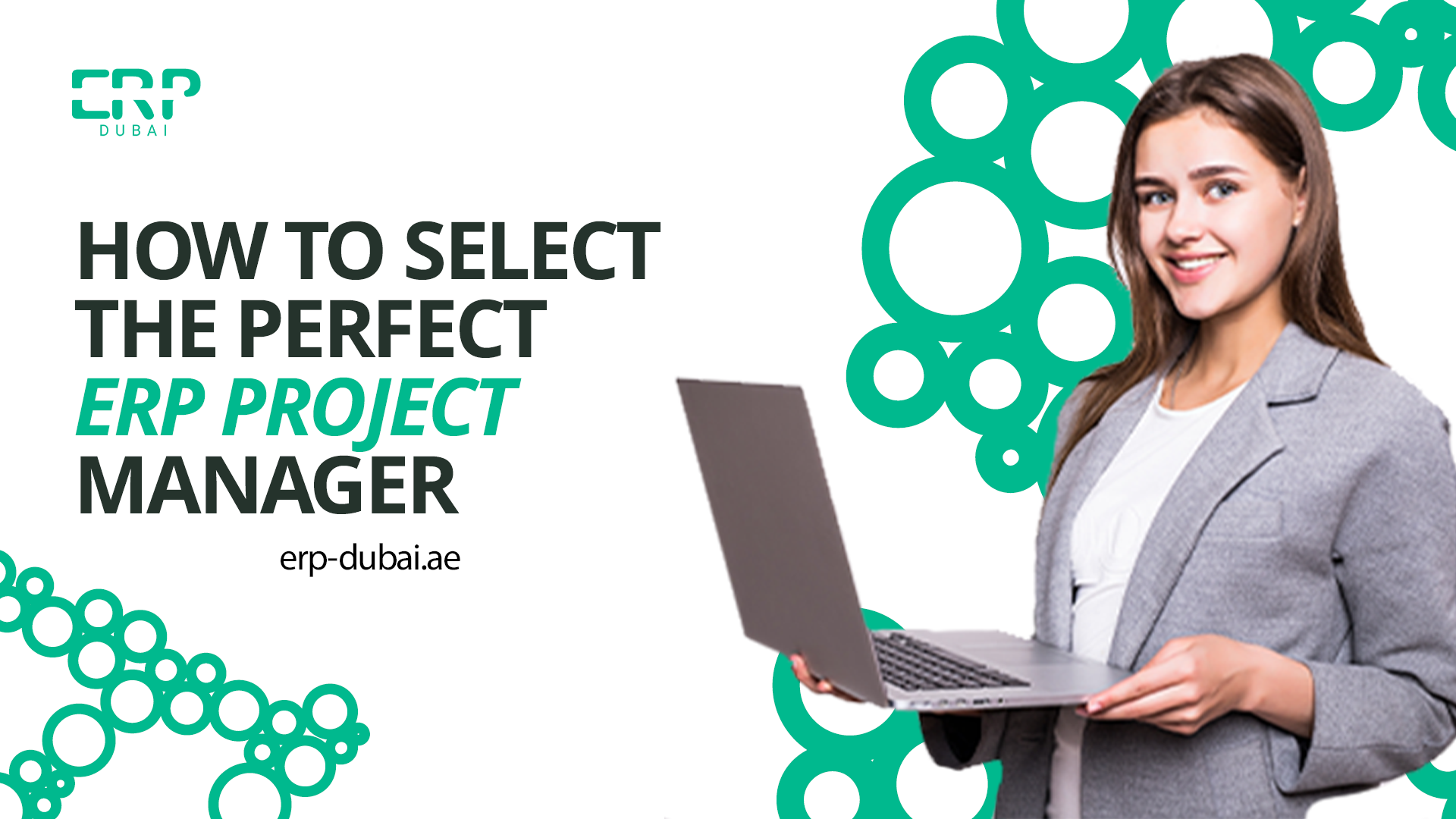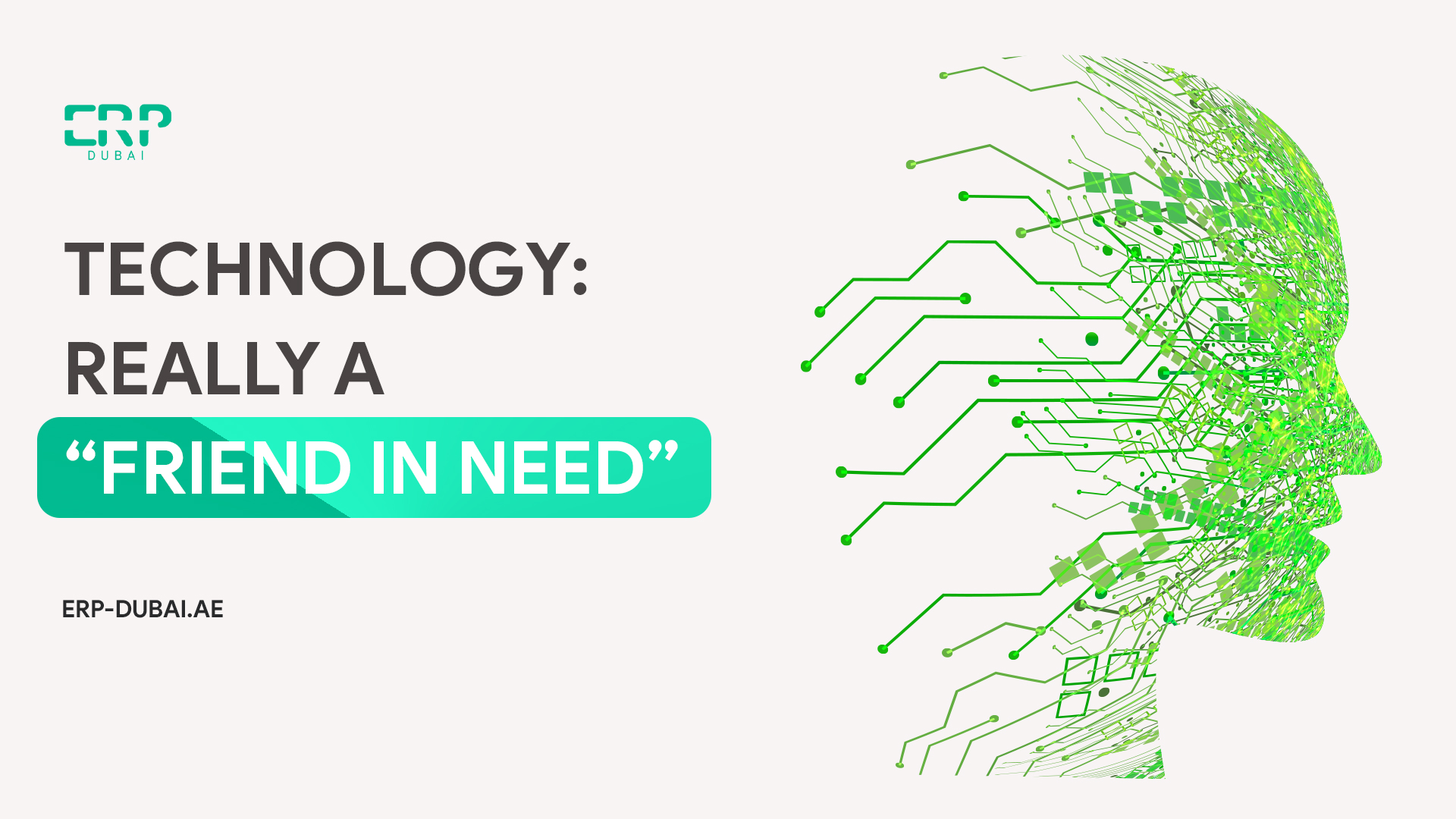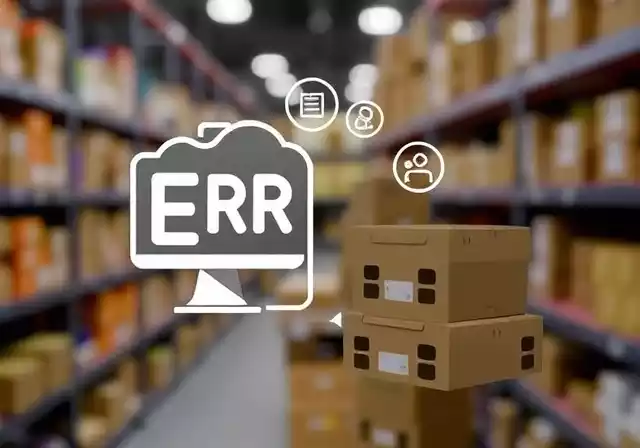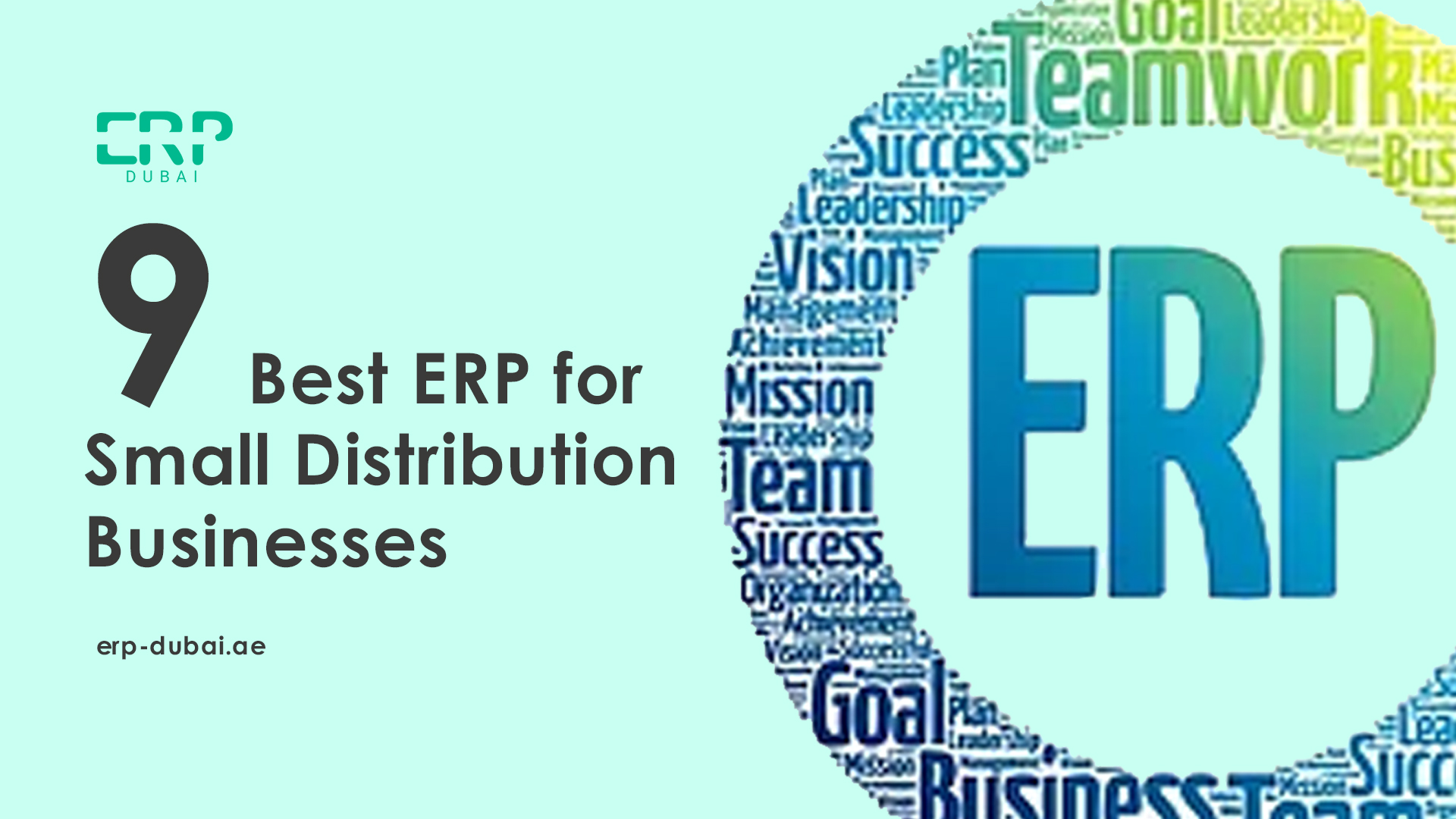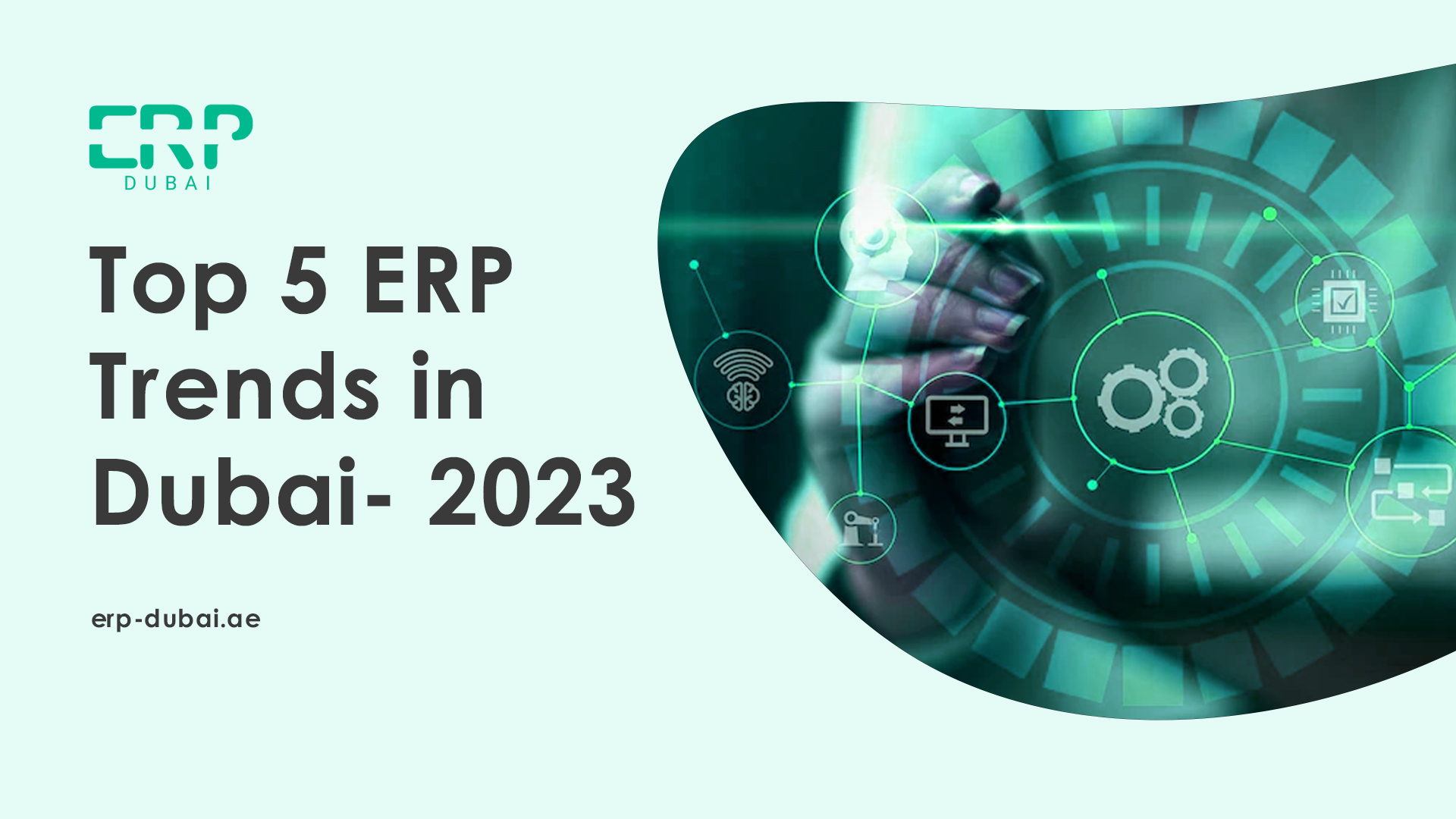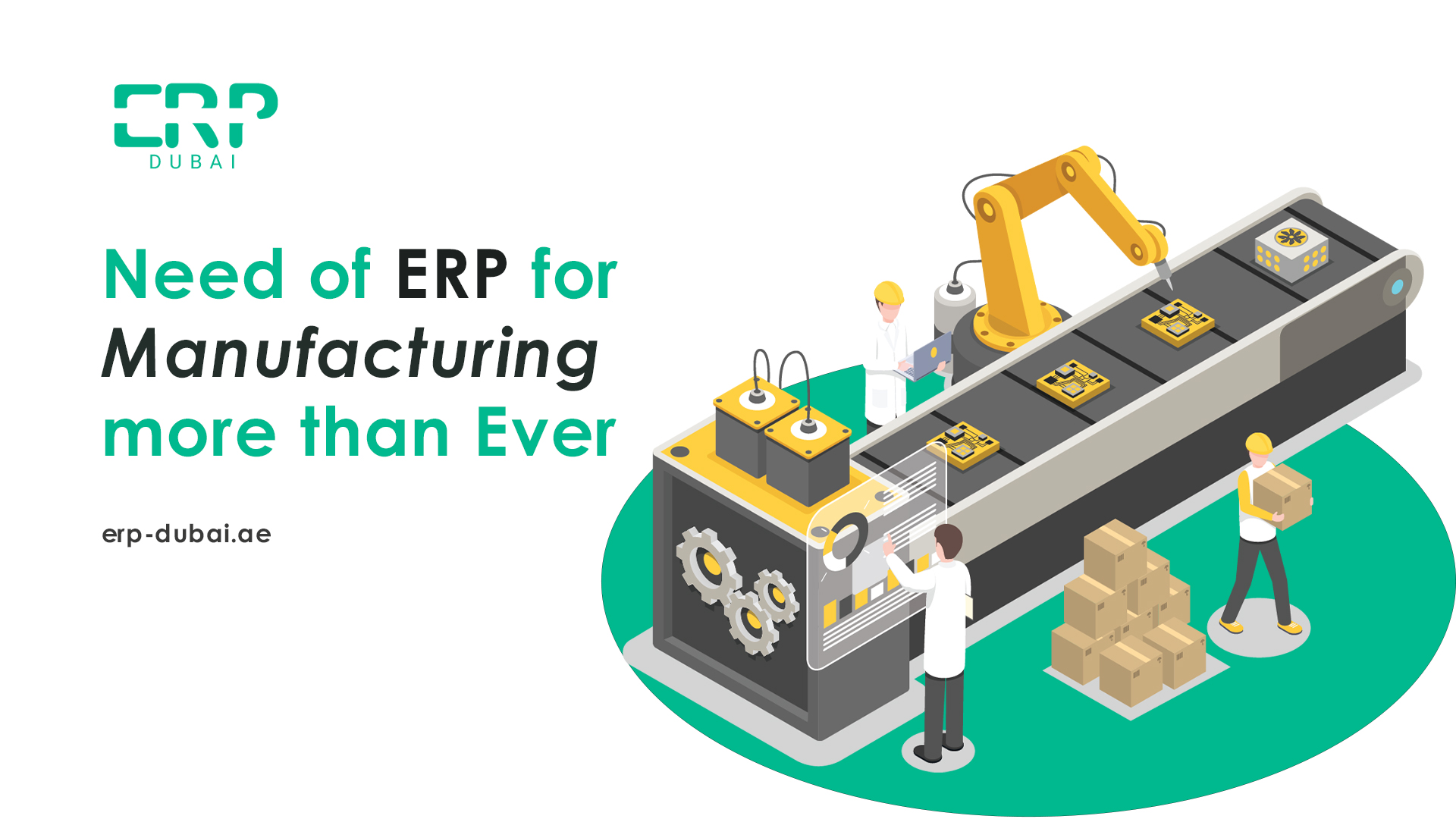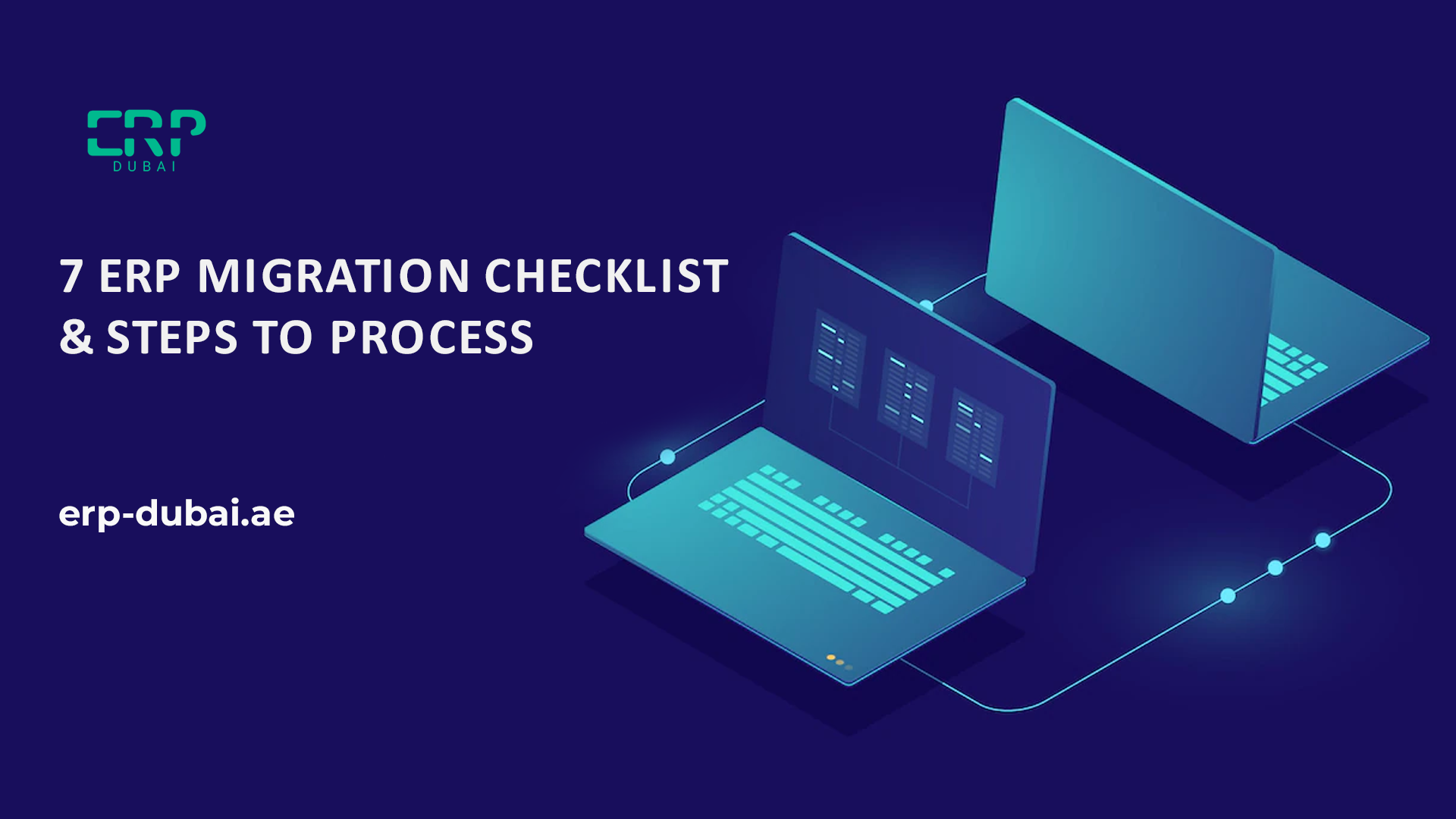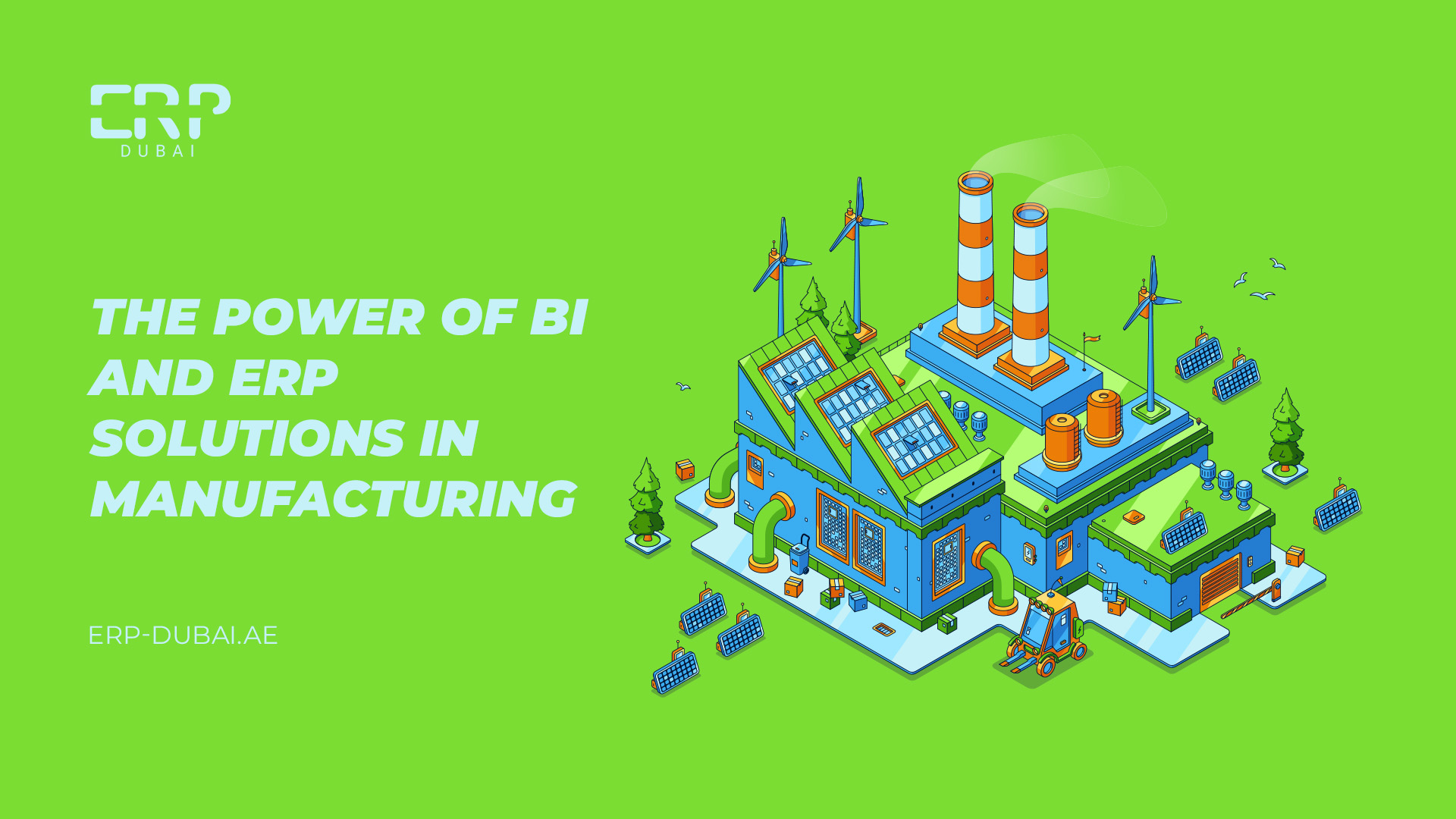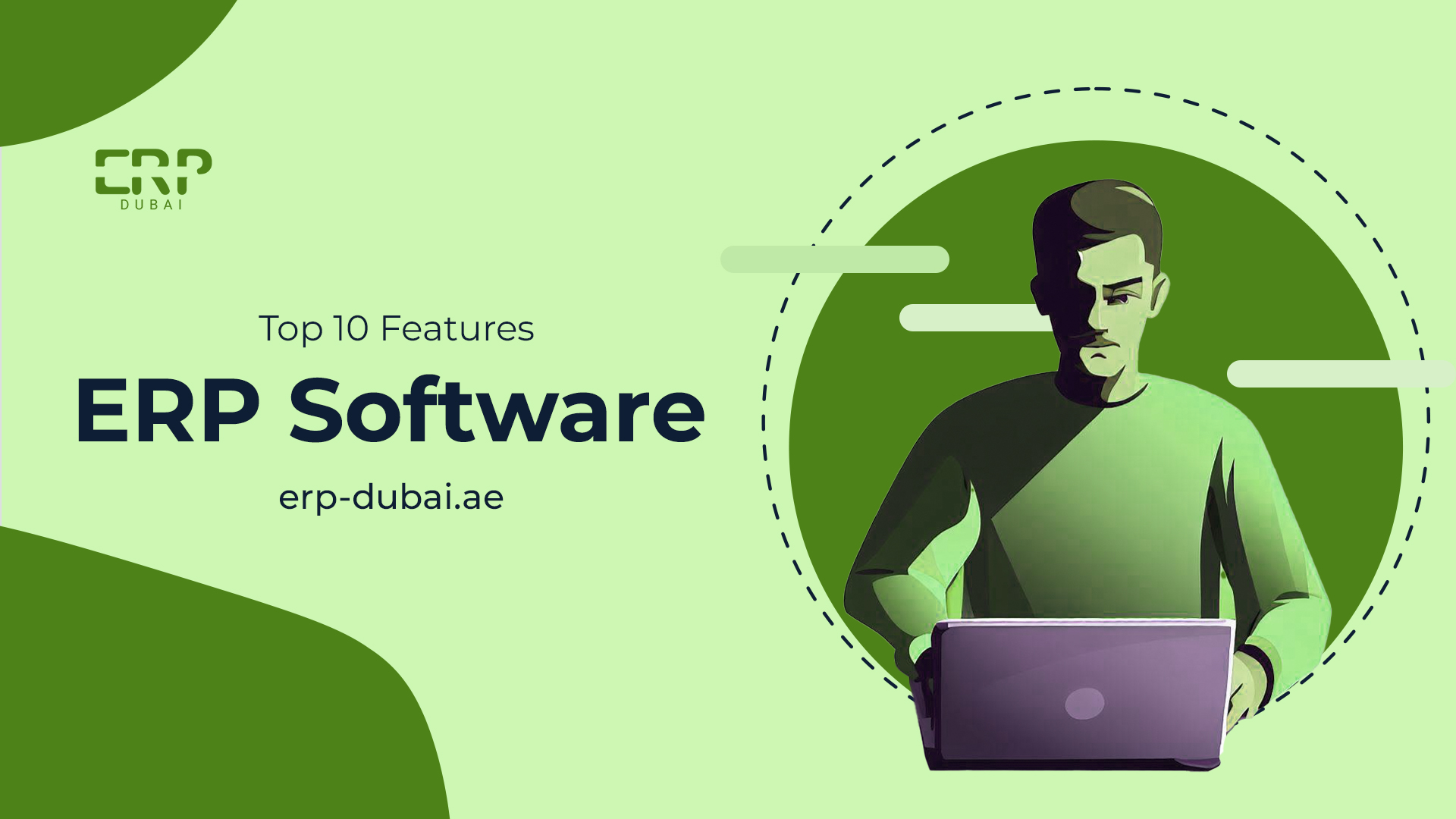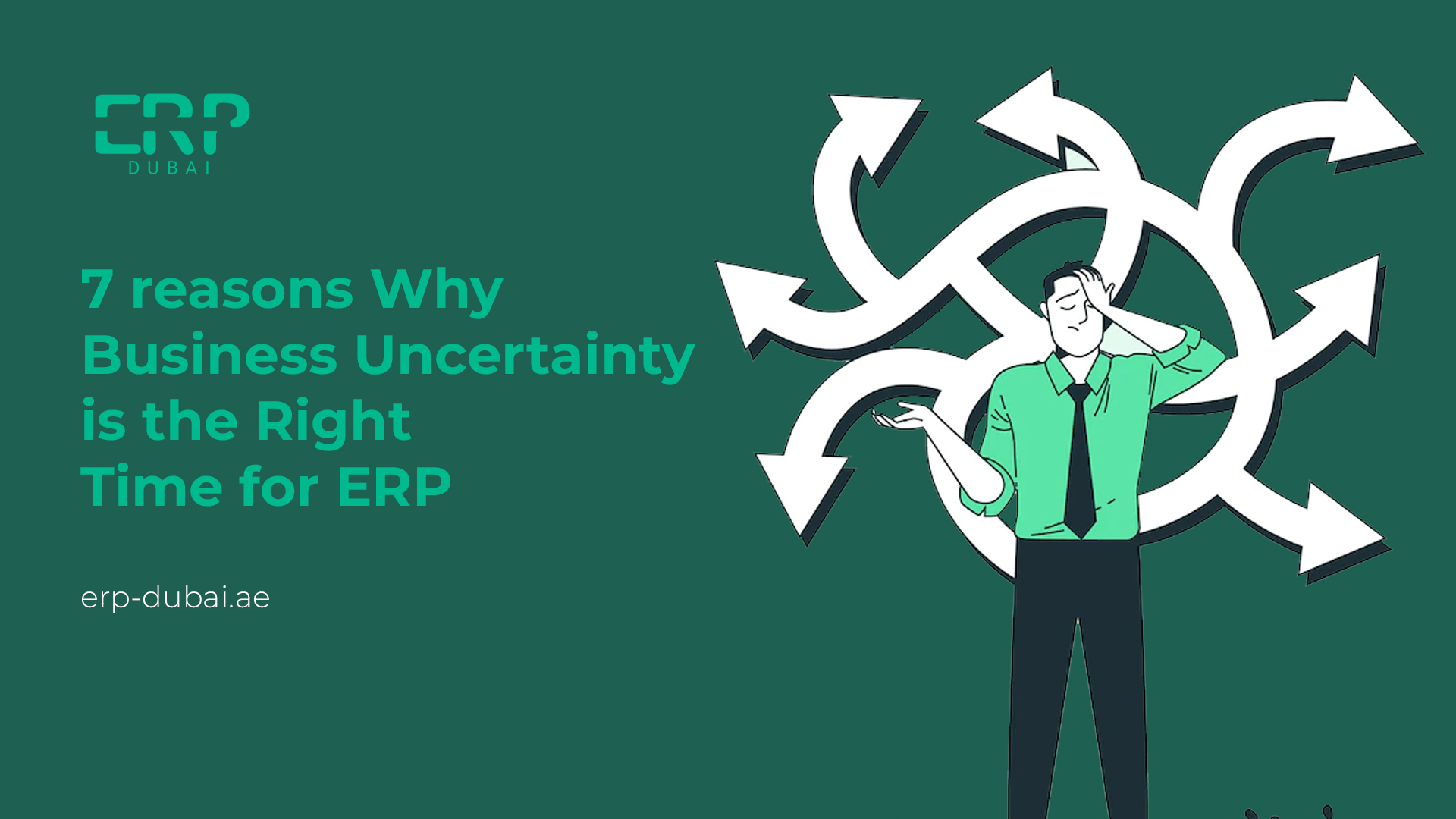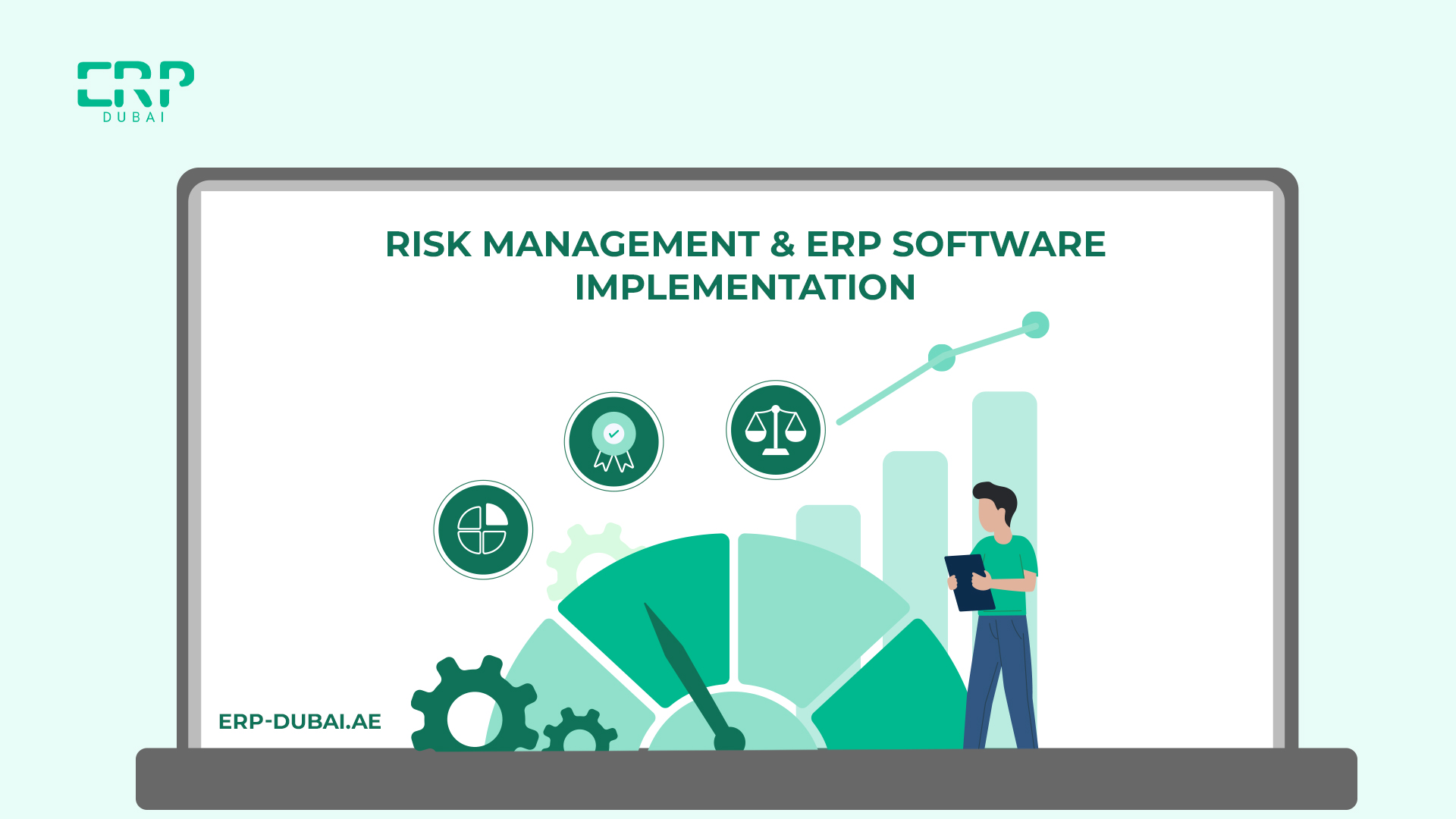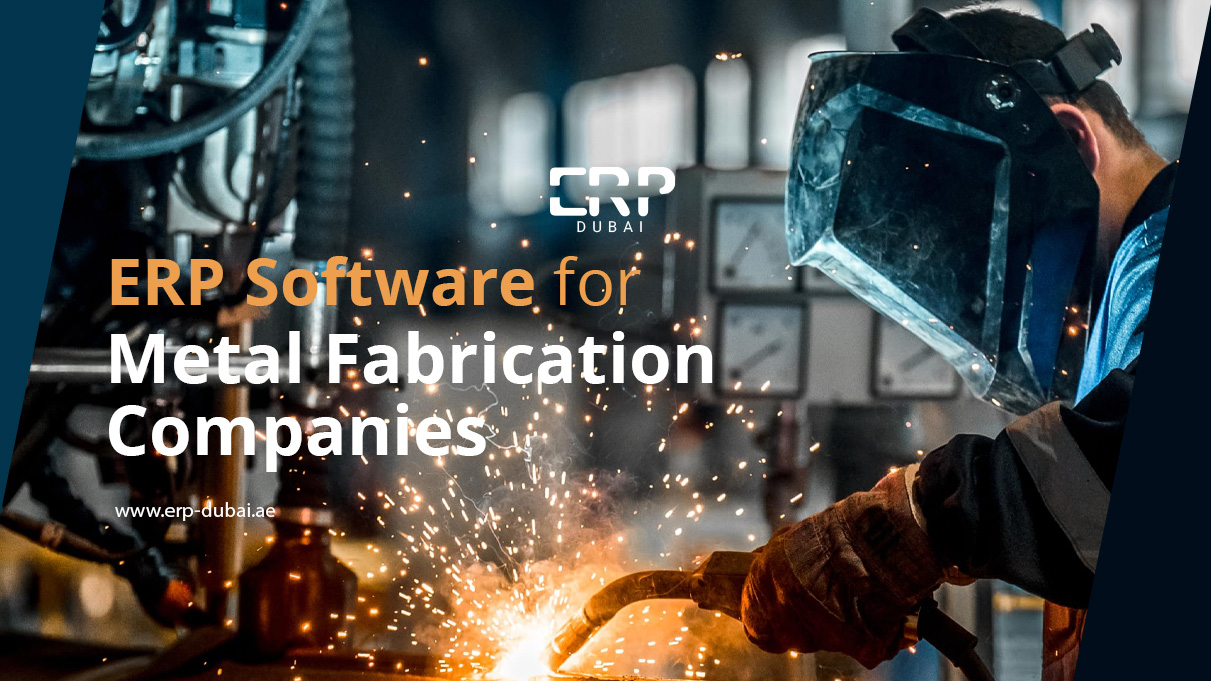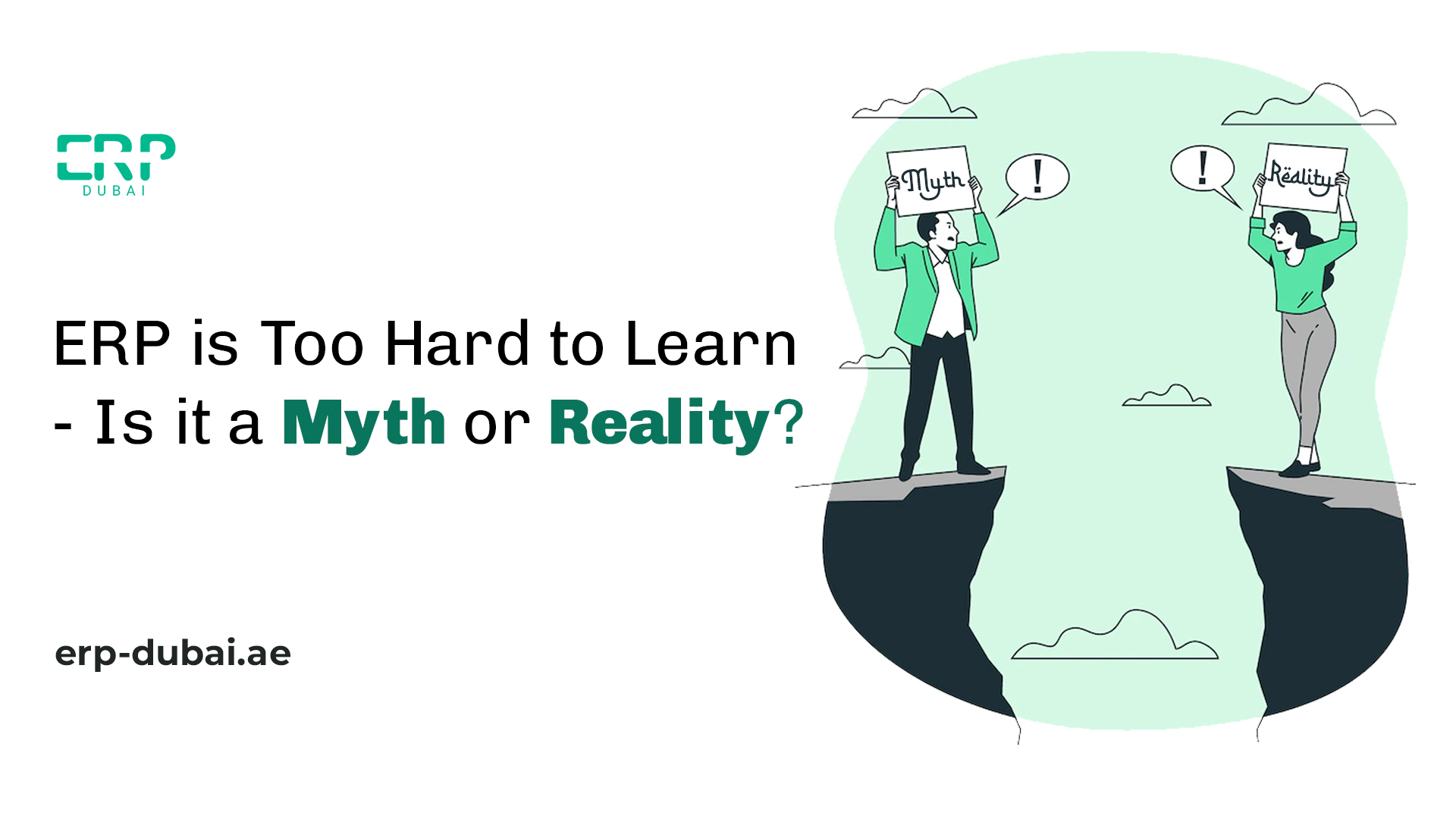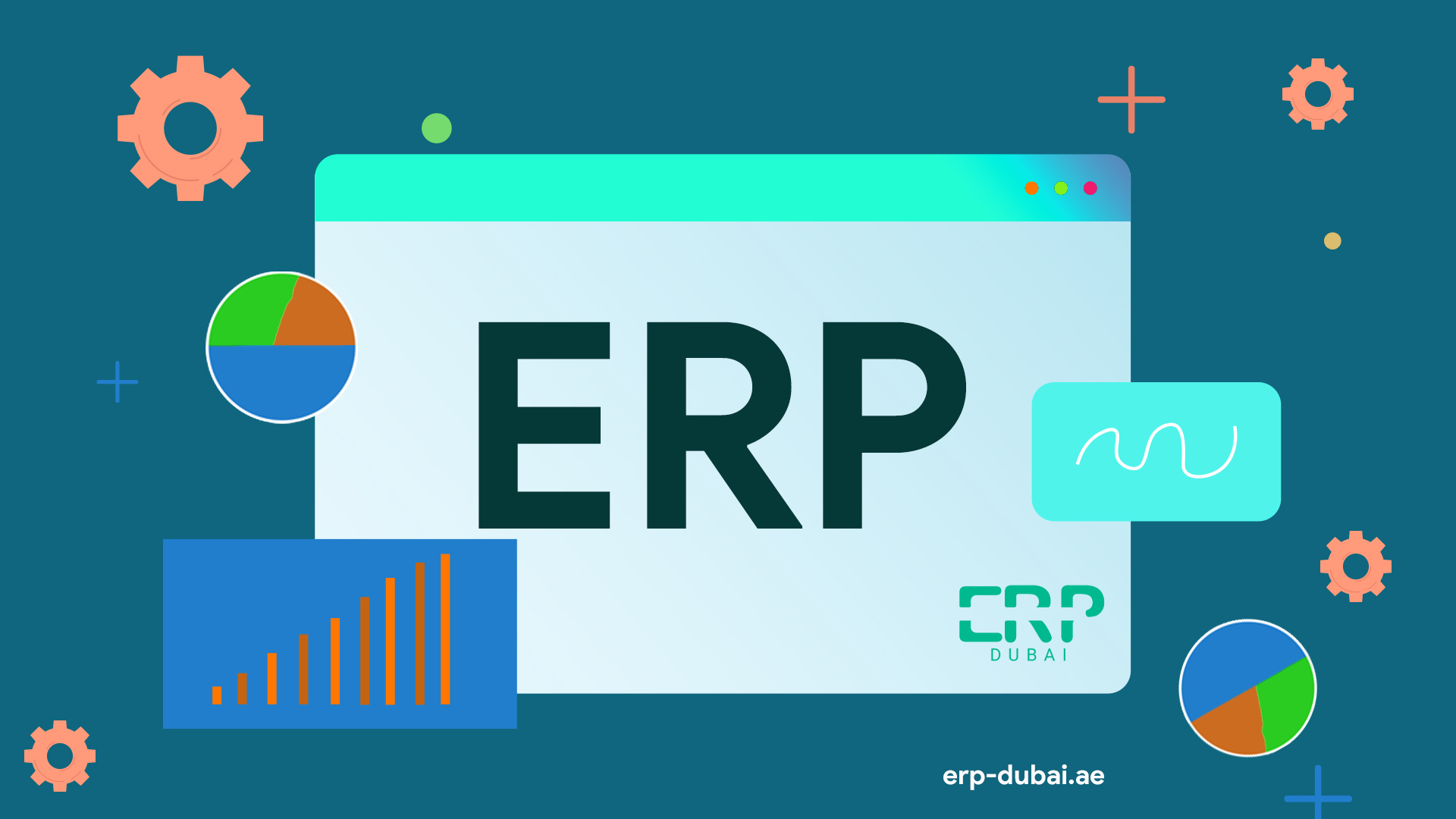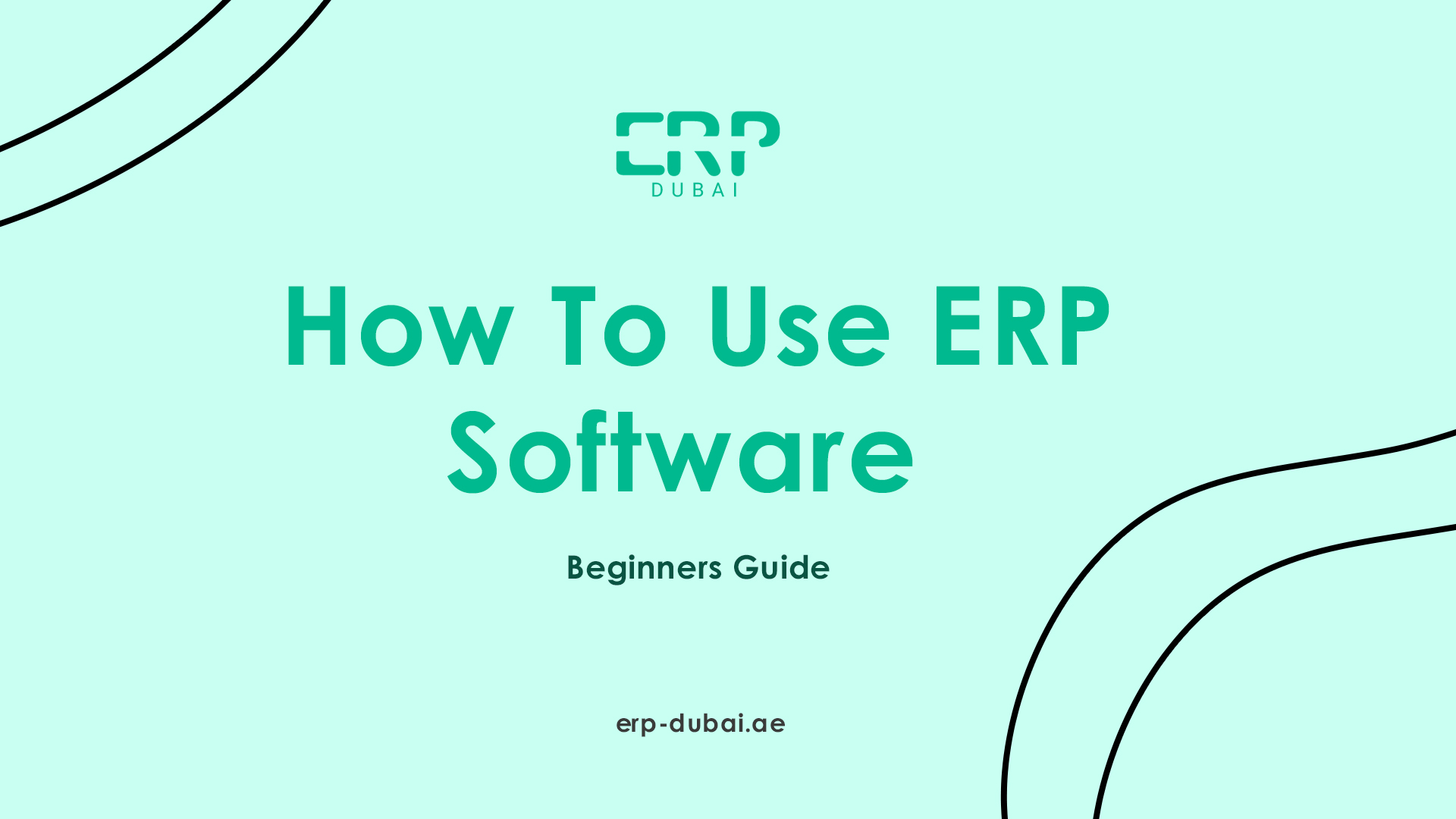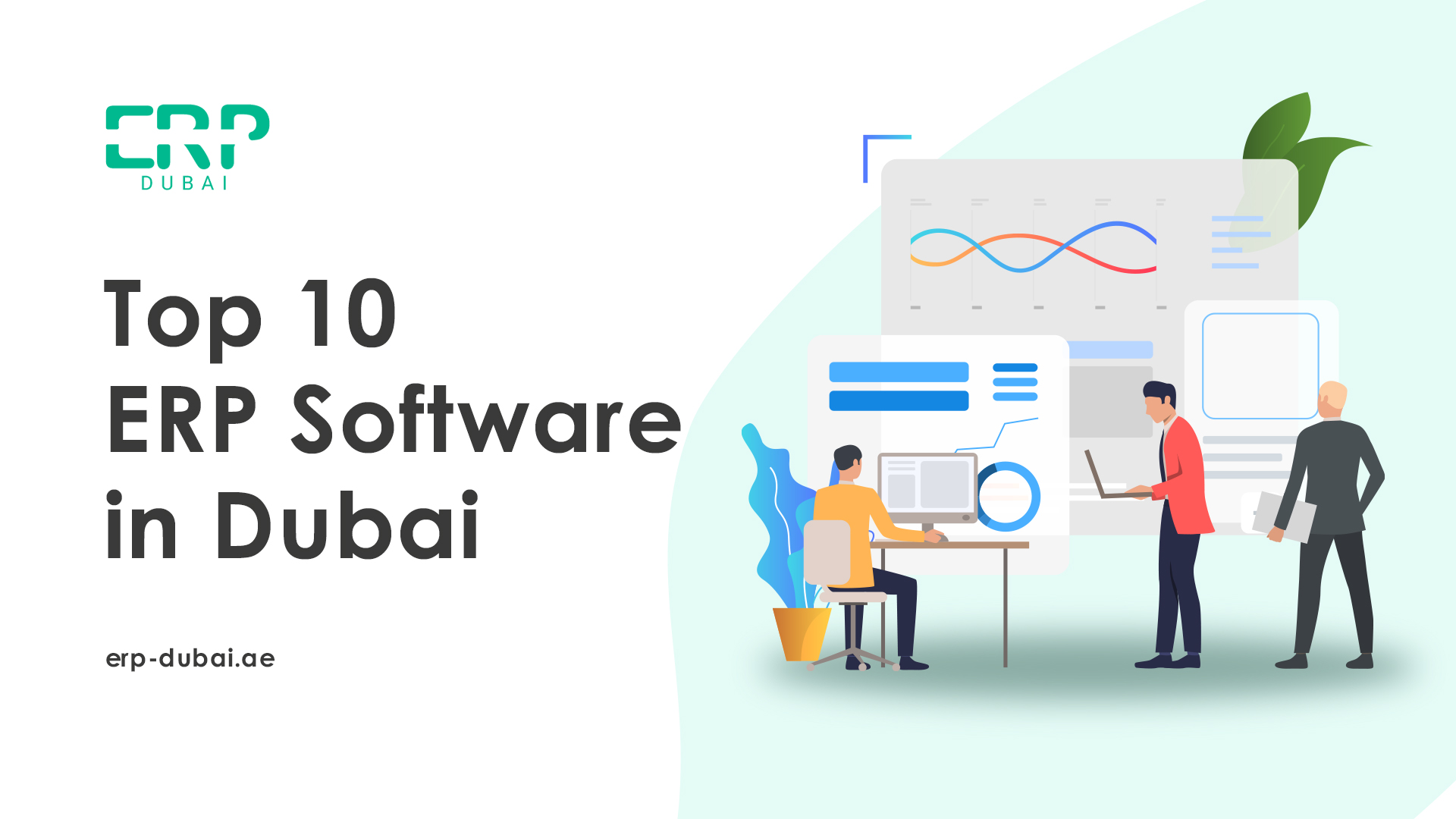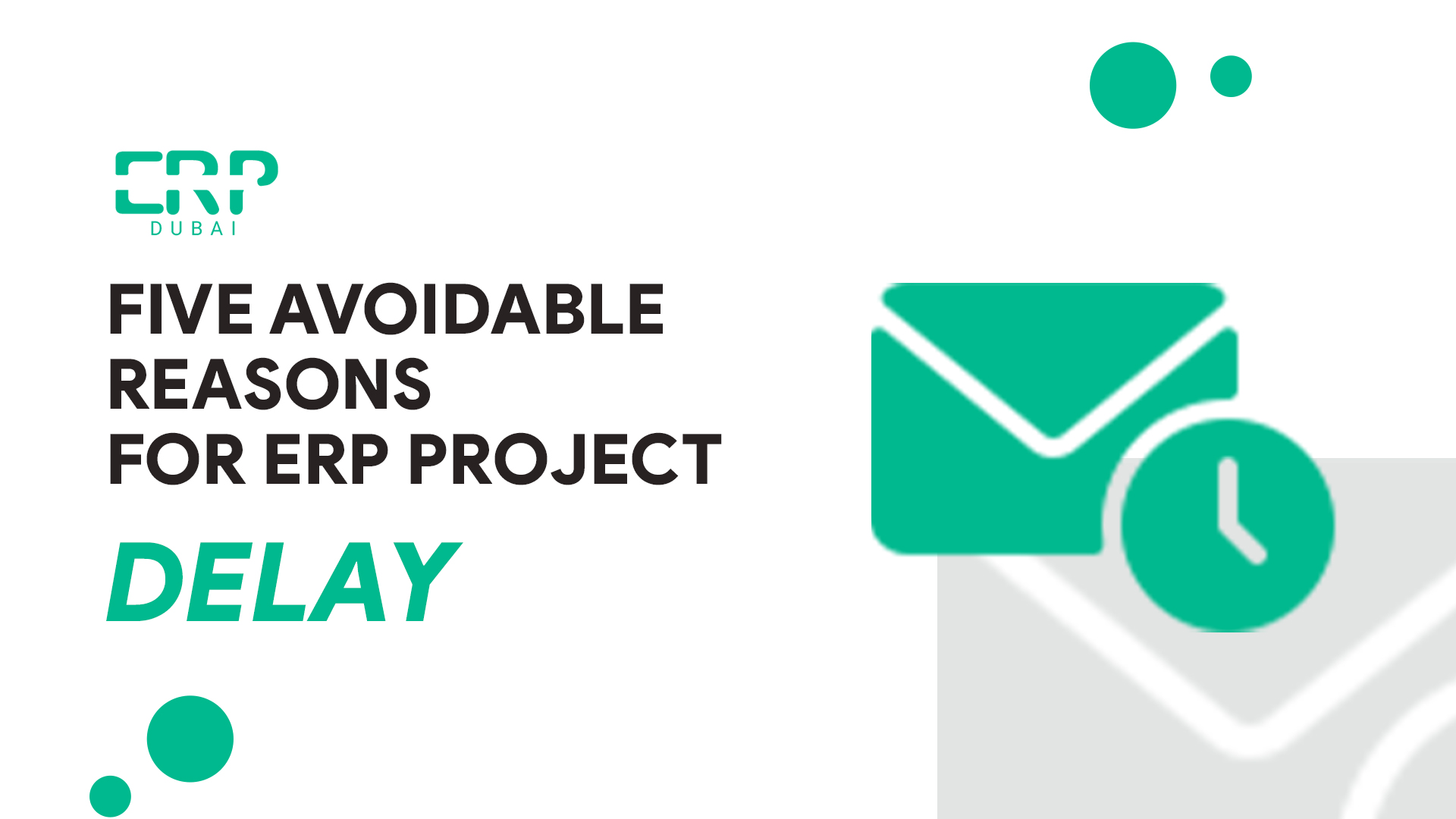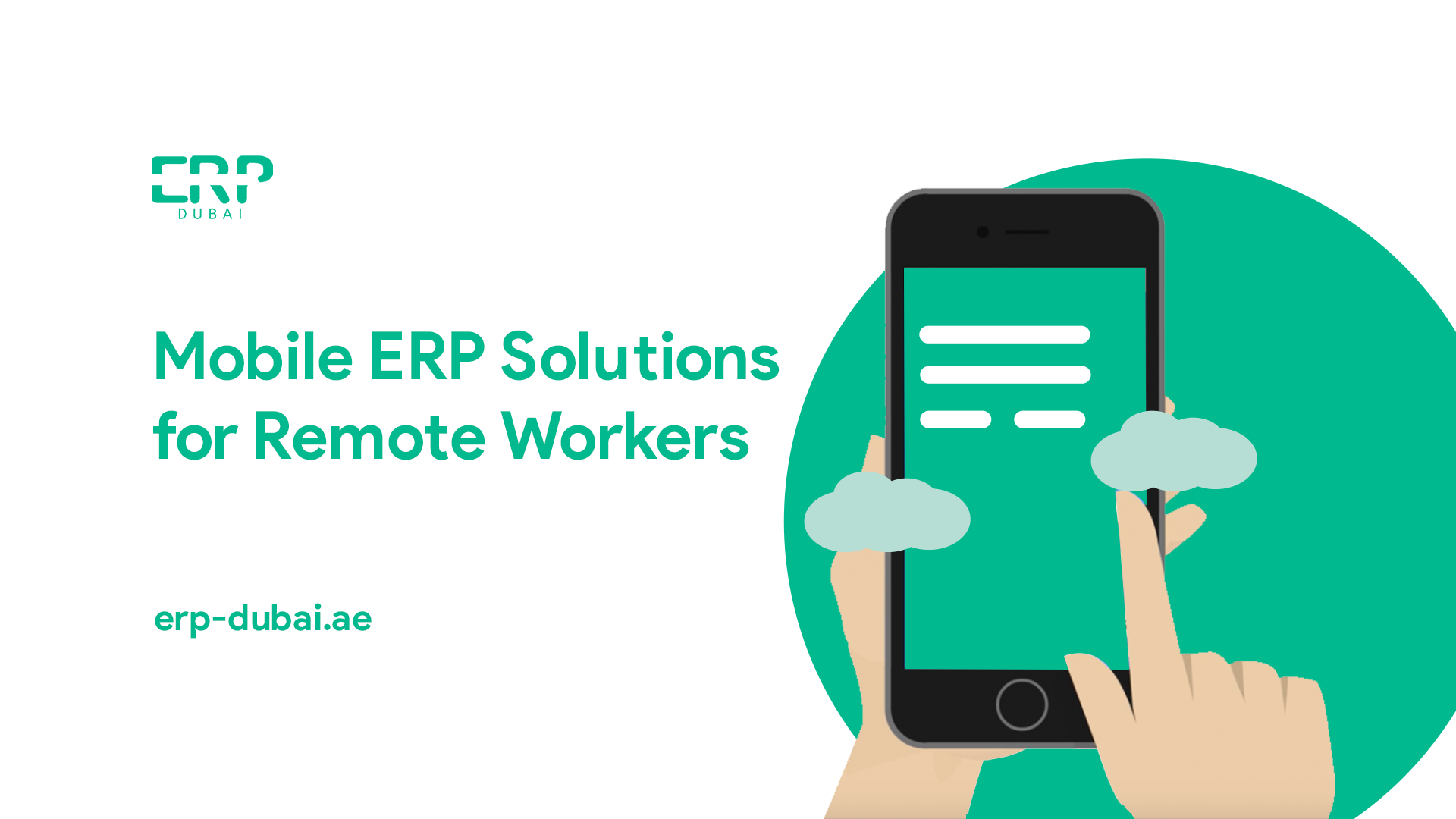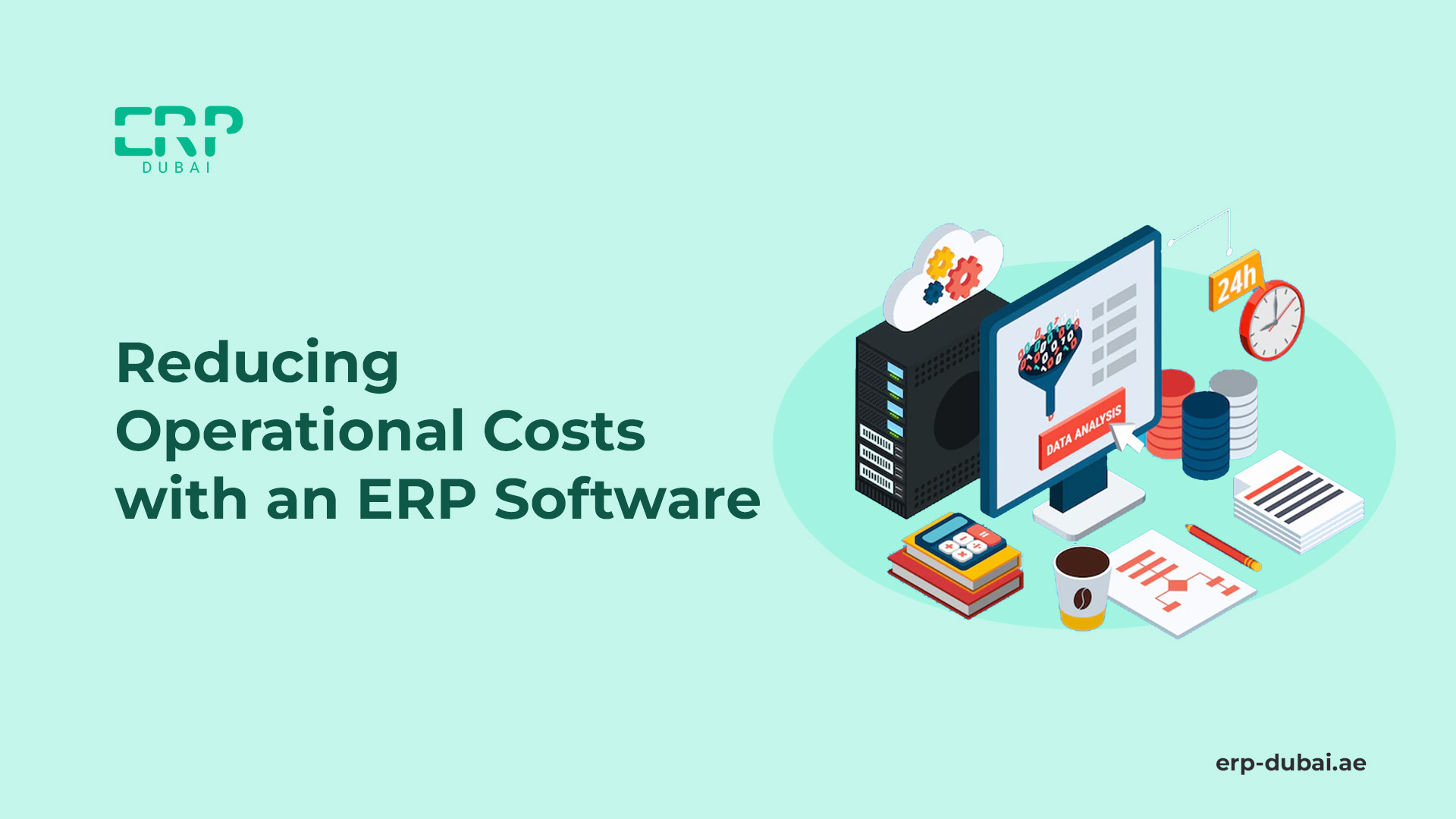No products in the cart.
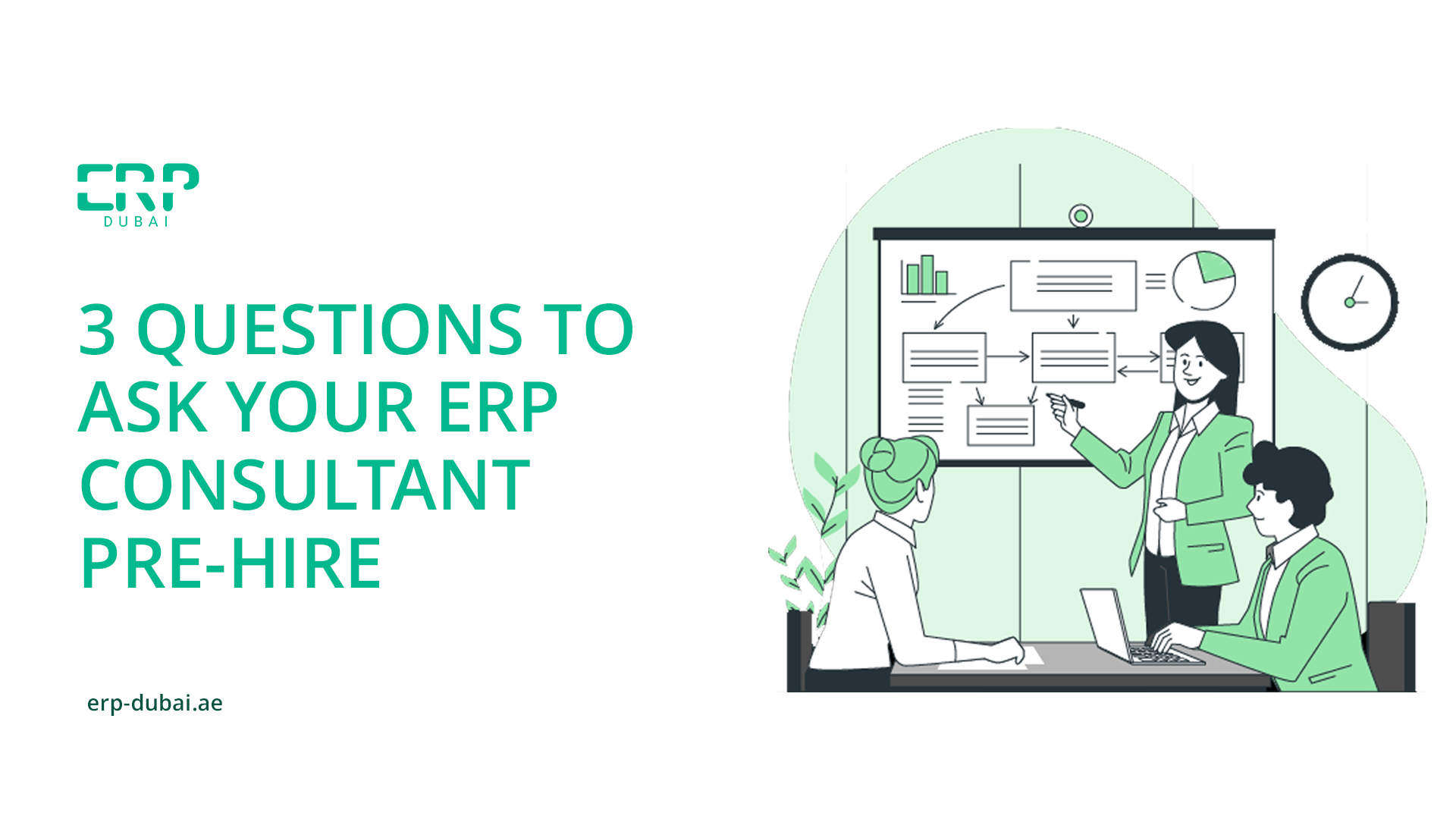
3 Questions to ask your ERP consultant pre-hire
ERP consultants are very pricey these days. Before you engage one for your ERP Software project, examine the following criteria to help you find the ideal one. These should be the ideal questions on whether you want to employ a consultant for selection, project management, or another ERP reason.
What ERP software is available?
With so many ERP options on the market, picking which one is best for your company may be challenging. Each ERP software package has a variety of features tailored to the demands of organizations of varying sizes. Depending on the intricacy of your business operations, one solution may be preferable to another. It is critical to analyze all of the features offered in each solution and ensure that it suits your company’s particular requirements. Finally, selecting the best ERP software for your company with the help of the ERP consultant will allow you to streamline operations, increase data quality, and maximize revenue.
On-premise ERP software
To understand the benefits of on-premise ERP software, you must first understand what it is. ERP stands for Enterprise Resource Planning, and it is a data collection and management system. It is critical to have an ERP system in place in order to keep track of all of your crucial business data. This software may assist you in managing all of your business activities, so check out what ERP software is available.
Software-as-a-service ERP software
Software-as-a-service is an excellent choice for small businesses. It’s just initiating and lack the money to invest in an on-premise solution. SaaS is an excellent approach to test the waters and see whether you want a more complete, on-premise solution. If you want to use an ERP solution online, SaaS is an excellent alternative to consider.
Cloud and Hosted ERP software
ERP software is a wide phrase that can signify many different things to various organizations. The ERP software vendor will host the program on their servers and maintain it up to date for you. Cloud ERP software is a sort of hosted ERP software as well. A cloud server hosts cloud ERP software. This means the program is accessible from any computer with an internet connection.
What are the features of ERP software?
ERP software assists organizations in streamlining their processes and increasing efficiency. It is a complete solution that enables businesses to manage their whole operation from a single platform. ERP software functionalities differ based on the vendor. Financials, customer relationship management (CRM), inventory management, supply chain management, human resource management, analytics, and reporting are all common aspects. ERP software may assist firms in increasing insight into their operations and making rapid, educated choices. Furthermore, by reducing the need for manual data input and optimizing procedures, ERP software may save expenses.
Flexible platform
You should select software that is compatible with the other computers you are utilizing. It’s also critical that the software you purchase is adaptable enough to expand with your company. You should also seek ERP software that is adaptable and is customizable to your specific requirements.
Centralized data storage
ERP systems should be able to handle all aspects of a business, including inventory, customers, money, orders, and so on. It is critical to select the best ERP solution for your company, and in order to do so, you must first grasp the characteristics of ERP software. In general, an ERP solution will have the following features:
- Centralized data storage
- Complete business process management
- Scalable to any organization size
- Mobile and cloud-based
- Security and backup
- Simple to use and manage
Data security and integrity
ERP software’s most critical aspects are data security and integrity. It is critical to maintaining the information current and correct. By utilizing effective network security, the information must be safeguarded against unwanted access, alteration, and destruction. The information should be accessible to authorized users at all times and in a consistent and accurate manner.
What is the ERP implementation process?
This is one of the critical pre-hire questions for your ERP consultant. ERP deployment is critical to the success of any organization, but it may be a difficult endeavor. Depending on the intricacy of the project, completion might take months or even years. This guide’s purpose is to offer an overview of the procedures required in adopting an ERP system as well as best practices for a successful ERP implementation process. Pre-ERP implementation, installation and configuration, system testing, user training, and post-ERP implementation support will all be covered.
Identify the ERP system requirements
Your company’s data, operations, and transactions should be supported by the ERP system. It should also be able to communicate with your current systems and devices. Before you begin the ERP installation process, all of these needs should be recognized and documented. You should also ensure that the system is compatible with the existing infrastructure of your firm. In terms of your business’s requirements, the ERP installation system should be able to handle the volume of data creation and transactions.
The ERP system should be able to manage your data requirements as well as the number of users you anticipate. It should also be capable of supporting the number of software required to run your firm, such as your accounting system and inventory management software. You should also ensure that the system is compatible with the existing infrastructure of your firm. The system should be able to manage your data requirements as well as the expected number of users. It should also be capable of supporting the number of software required to run your firm, such as your accounting system and inventory management software.
Plan for the ERP system implementation
ERP implementation for your new ERP software requires careful planning because the implementation process can be difficult and complex. The implementation process should be well-planned, as it is a critical stage that might determine a company’s future. A solid ERP implementation plan will include the procedures required and the details of the installation. Details such as ERP system needs, ERP system setup, project strategy, training plan, testing plan, and communications and support plan should all be included in the plan.
Communicate about the ERP system implementation
You may convey your strategy to all stakeholders after you have a clear plan for what to accomplish, who will be engaged, and how the execution will take place. You should also convey to employees how the ERP deployment will affect their job and how it will benefit them. It is critical to highlight the advantages of the ERP adoption process. Communicate with those who may be affected by it and let them know you’re accessible to answer any questions they may have.
Conclusion
ERP implementation solutions are critical for all sizes of enterprises, particularly e-commerce businesses. When deciding on the finest ERP solution for your company from the appropriate ERP consultant, take into account the features and capabilities of each solution. Peniel Technologies’ is the best ERP consultant in the Middle East. Elate ERP and ERPNext systems are the two most popular ERP solutions in the UAE. Each provides a distinct collection of features and capabilities to assist you in efficiently and successfully managing your organization. Finally, the optimal ERP installation option for your organization should be based on your firm’s unique demands and objectives. When choosing an ERP solution to help your organization flourish, keep these possibilities in mind.


